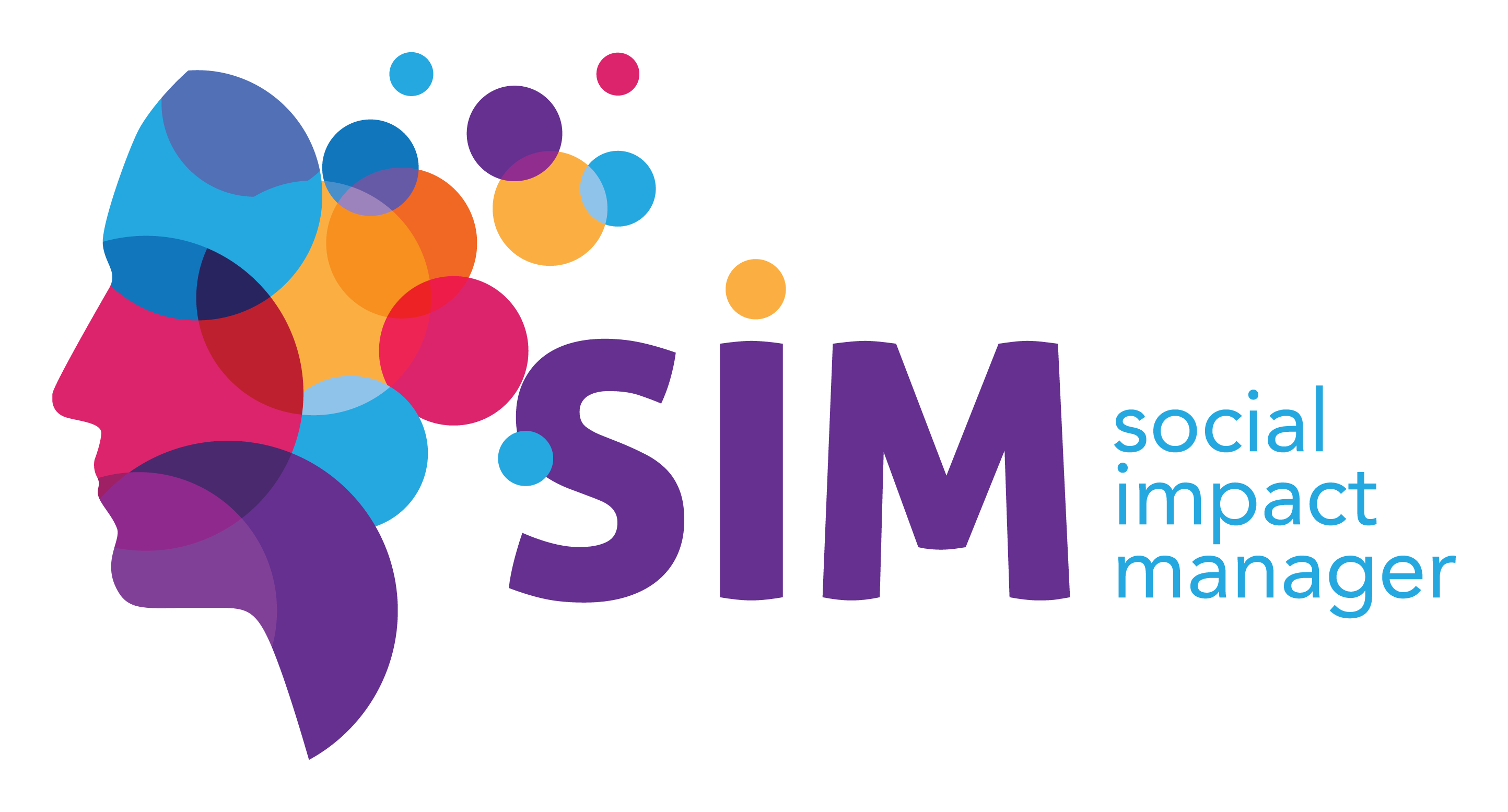 By Katerina Doundi and Antonis Klapsis
By Katerina Doundi and Antonis Klapsis
Understanding the dynamics of a project’s success is intrinsically tied to its human resources, especially in a venture involving a diverse consortium like Social Impact Manager (SIM). Co-ordination and collaboration among partners are crucial in such scenarios. Therefore, let’s take a look at the role of the coordinator in the SIM project, led by the University of the Peloponnese (UOP).
Established in 2000, UOP is a modern, multidisciplinary, regional, and multi-campus university with a presence in six cities across the Peloponnese: Tripolis, Corinth, Nafplio, Sparta, Kalamata, and Patras. With over 20,000 students across nine schools and 22 Departments, UOP actively engages in high-quality teaching, research, innovation, and training. In addition to offering undergraduate, postgraduate, and doctoral studies, UOP supports Lifelong Learning and Vocational Education and Training (VET) activities. The university fosters close collaboration with local and regional communities and authorities, contributing to cultural and economic progress through knowledge-based innovation. Over the years, UOP has developed extensive expertise in social entrepreneurship.
With approximately 200 competitive research projects in progress, UOP has gained valuable experience in coordinating and guiding nationally and internationally funded projects. A strategic goal for the university is the continuous enhancement of its management capacities.
In the Social Impact Manager project, UOP assumes the role of project coordinator, overseeing the project’s technical and financial management to ensure smooth implementation. Its primary responsibilities include ensuring the project adheres to the established timeline and budget while fostering effective cooperation within the consortium. UOP defines rules and procedures to achieve the highest quality in project implementation, as well as in the design and development of the project results. Working alongside other partner universities and VET providers, UOP is tasked with data collection, learner selection, and organising learning activities such as lessons and hackathons.
Within the initial six months of the project, UOP, in seamless collaboration with all partners, has laid the groundwork for a productive professional collaboration, fostering a friendly and professional working atmosphere. Recognising the significance of each partner in the project, the consortium is committed to leveraging the experiences and expertise of partners from the VET, education, and business sectors. The collective goal is to collaboratively shape the profile of the Social Impact Manager, encompassing various competencies essential for a company’s development in terms of Corporate Social Responsibility (CSR) linked to community development.
Embracing a vision of sustainability and CSR, the consortium anticipates that the SIM profile will positively influence people’s attitudes toward social aspects in business operations.


